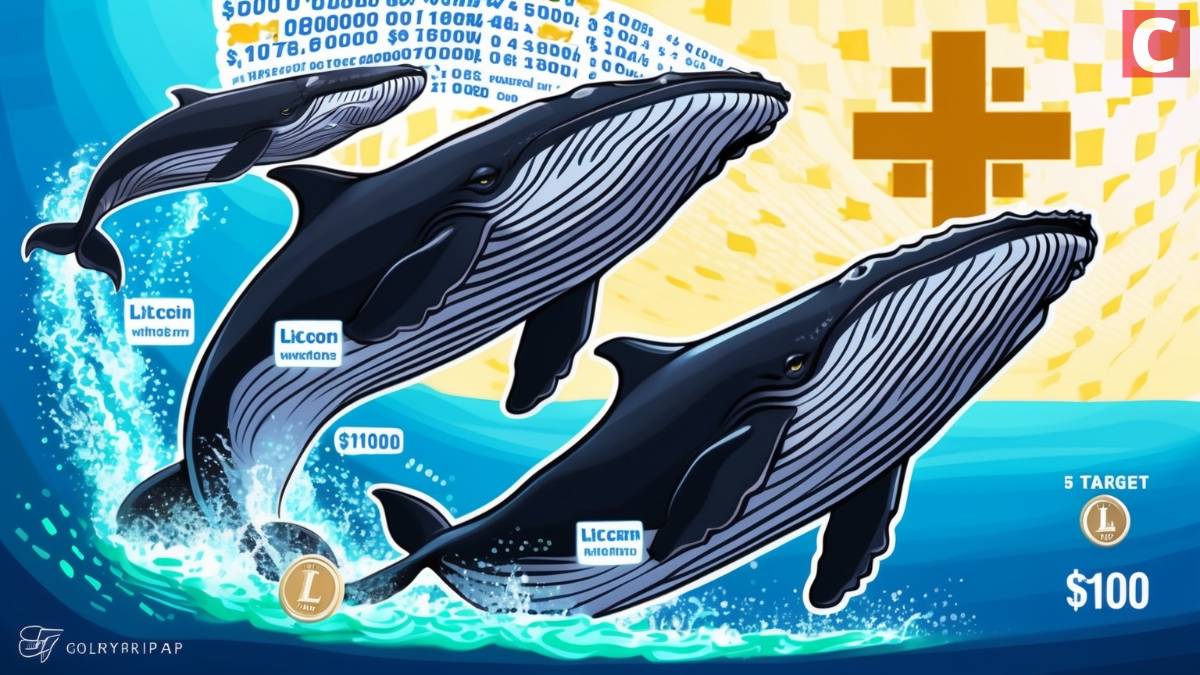
July 4th, 2025
Stay ahead with the latest Uniswap news and updates as the exchange revolutionizes cryptocurrency trading through permissionless swaps and liquidity pools. As one of the largest decentralized exchanges, Uniswap is evolving through protocol upgrades decided by user proposals and growing the usefulness and impact of the automated market maker model in DeFi.
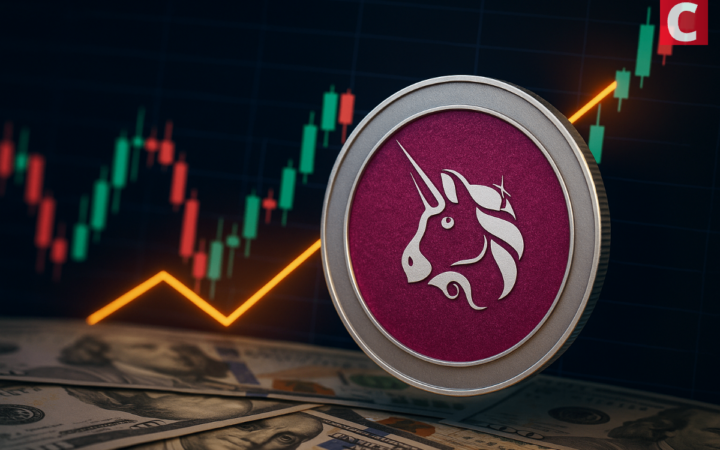
UNI token has gained 4% in the past day and 12% over the week, as growing Layer-2 adoption fuels market optimism.
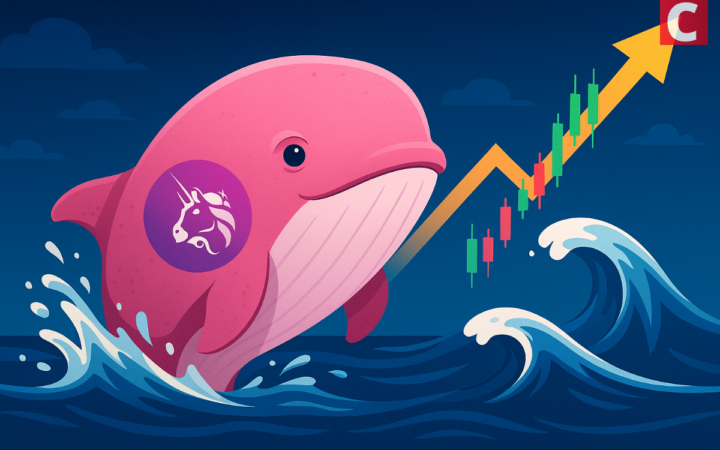
Uniswap (UNI) jumped 12% to $6.55 after a dormant whale returned following a three-year break, placing a $3.97 million bet that’s already in profit.
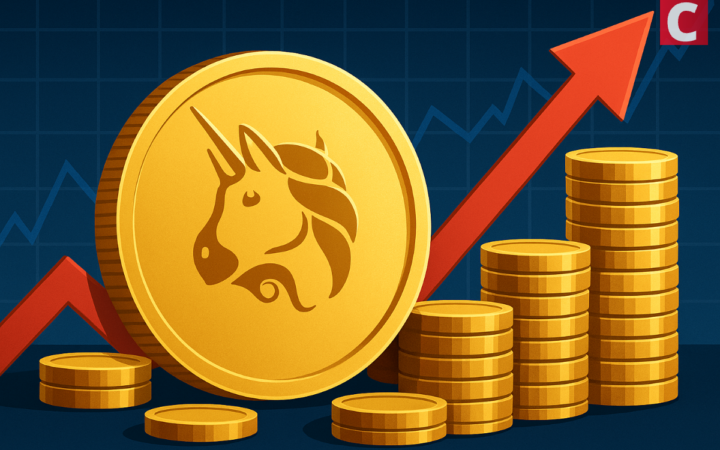
UNI token has recently rallied over 50% from its yearly low, boosted by a historic $3 trillion trading volume milestone.

The US SEC will hold its second crypto roundtable on April 11, with representatives from Coinbase, Uniswap Labs, and Cumberland DRW participating.
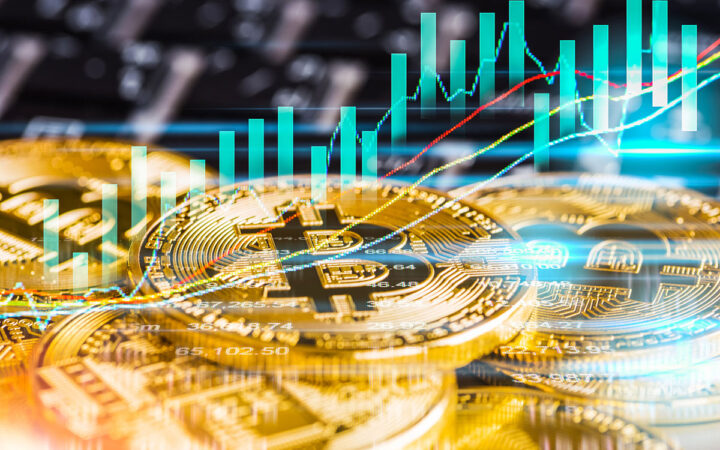
Despite Bitcoin’s recent volatility, institutional confidence remains strong with Standard Chartered projecting a $500K target. Meanwhile, North Korean hackers executed the largest crypto theft in history and the SEC ended its Uniswap investigation.

The probe, launched under former SEC Chair Gary Gensler, had accused Uniswap of running an unlicensed exchange and issuing unregistered securities.
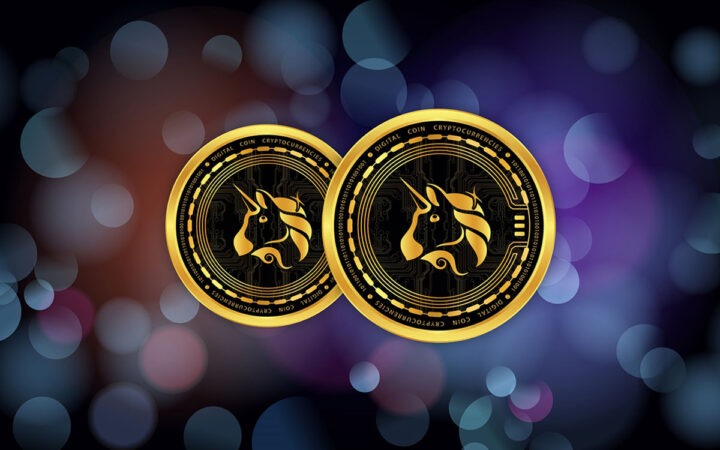
The shift of trading volume from centralized to decentralized exchanges, marks a potential recovery signal for Uniswap. With new contracts and growing share in the DEX market space, will the market demand for UNI token propel its price to $12?

The US-based crypto advocacy group Blockchain Association achieves a milestone by adding 16 prominent web3 projects, bringing total membership close to 100.
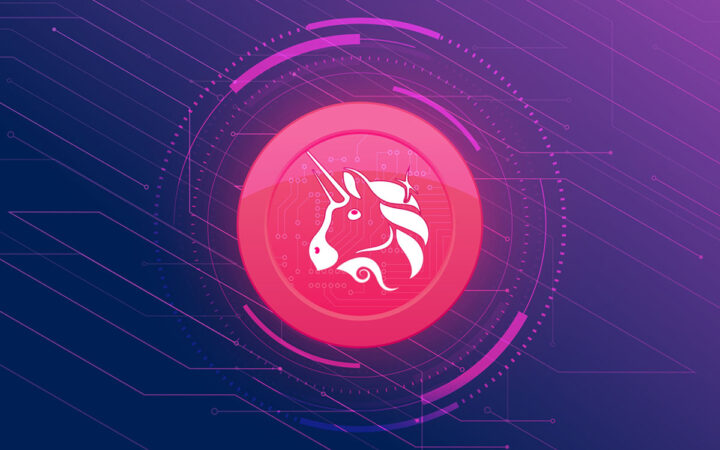
Despite high expectations, Uniswap V4 DEX has captured just 0.01% of the platform’s total trading volume, significantly trailing the rapid adoption of V3 and V2.

Uniswap’s Layer-2 solution Unichain is finally launched on the mainnet.

A major crypto whale has accumulated $16 million in UNI tokens following a significant price downturn, coinciding with Uniswap’s v4 launch that promises improved efficiency and cost savings.

Uniswap V4 emerges after extensive development and testing, featuring groundbreaking customization options and multi-chain deployment.

Is the short-term scare turning whales into paper-hands or is a downfall coming for the top DeFi tokens?
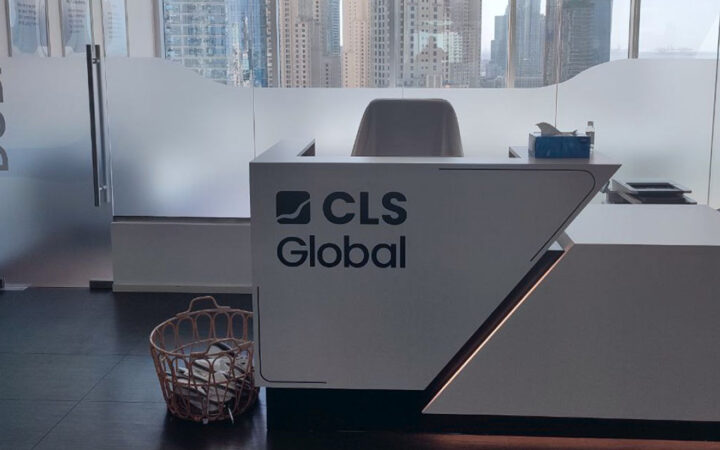
The US Securities and Exchange Commission (SEC) has also started a civil case against CLS Global for violating securities laws.
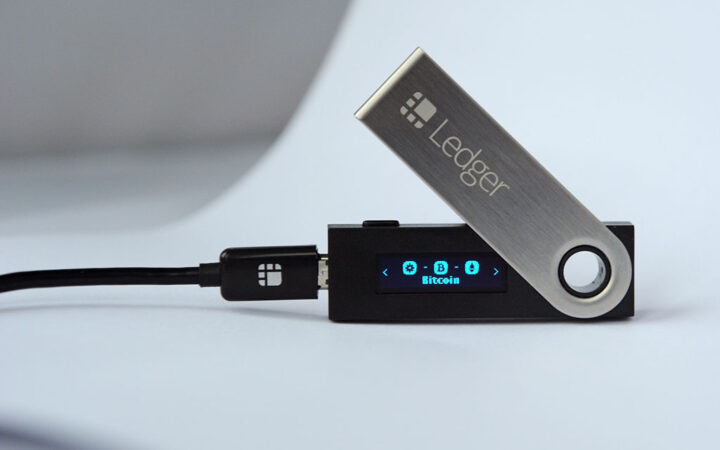
Ledger users can now trade on Uniswap directly from the application through a new partnership between both outfits.
Uniswap is a pioneering decentralized exchange (DEX) popular for introducing the automated market maker (AMM) model to the crypto sector. Launched in November 2018 by former Siemens engineer Hayden Adams, Uniswap transformed cryptocurrency trading by allowing permissionless token swaps to be conducted without a centralized authority or order book.
Uniswap is different from conventional exchange platforms that require buyers and sellers to match orders. With Uniswap, people trade directly through liquidity pools that contain user assets deposited in exchange for a percentage of the trading fees charged by the platform.
The Uniswap protocol runs on the Ethereum ETH $2 592 24h volatility: 0.7% Market cap: $313.43 B Vol. 24h: $19.18 B blockchain and is compatible with its ERC-20 standard. The decentralized structure of Uniswap allows anyone to easily list a token without the need for permission. This way, Uniswap ensures democratized access to liquidity and reduces the entry barrier for projects looking to launch in the sector.
In addition to decentralization and ease of access, Uniswap focuses on continuous improvements, putting the exchange at the forefront of decentralized finance (DeFi). This commitment is also seen in its governance model enforced through the UNI $7.52 24h volatility: 2.6% Market cap: $4.53 B Vol. 24h: $606.39 M token. Holders of the token can propose protocol changes, such as upgrades, liquidity fees, and allocation of funds from the platform’s treasury. UNI holders also vote on these changes, a process that ensures the platform’s development aligns with community interests.
Uniswap has achieved significant success by allowing easy integration with other platforms, a move that guarantees its growth and continued relevance in DeFi.
Explore the Uniswape (UNI) guide for more details about one of the largest decentralized exchanges in the crypto space.
Uniswap is a decentralized exchange (DEX) built on the Ethereum blockchain. It allows users to buy, sell, or trade various ERC-20 tokens without a centralized intermediary and uses an automated market maker (AMM) model to swap tokens through liquidity pools instead of conventional order books.
Uniswap is a decentralized exchange and not a wallet. However, it connects with external wallets like Trust Wallet and MetaMask, so users can trade directly from their wallets.
Uniswap does not charge users to use the platform. However, the protocol takes a 0.3% fee for token swaps.
Uniswap v3 is a version of the Uniswap protocol that offers enhanced features like multiple fee tiers and concentrated liquidity – which allows liquidity providers to improve capital efficiency and reduce slippage by focusing on a targeted price range.